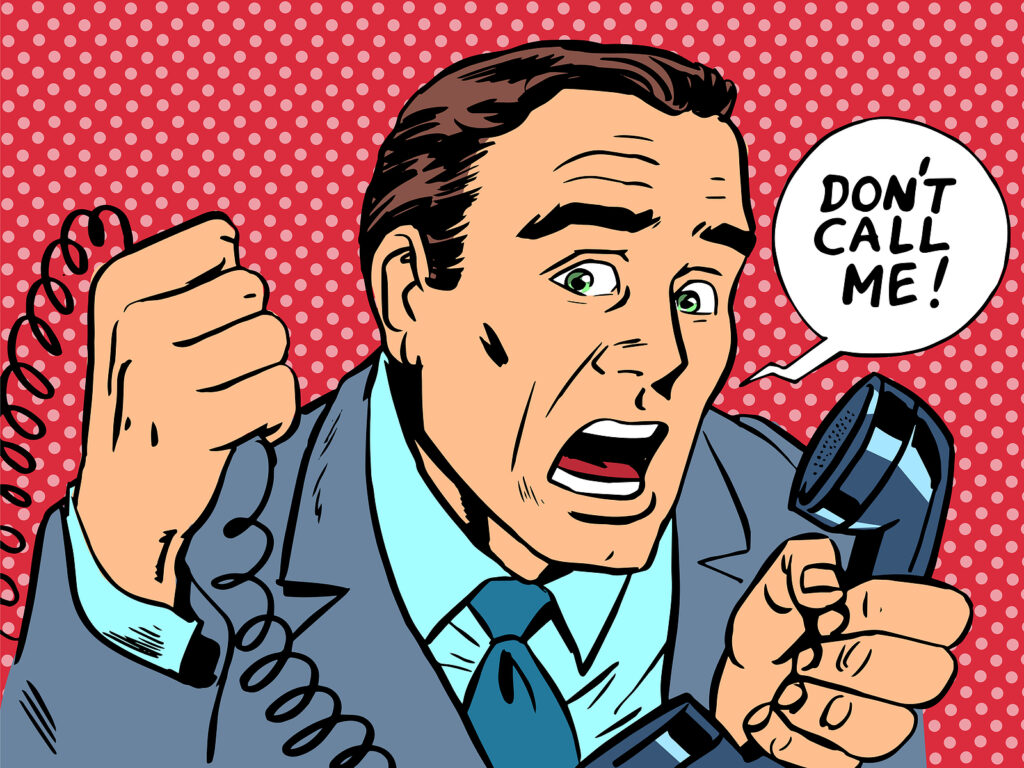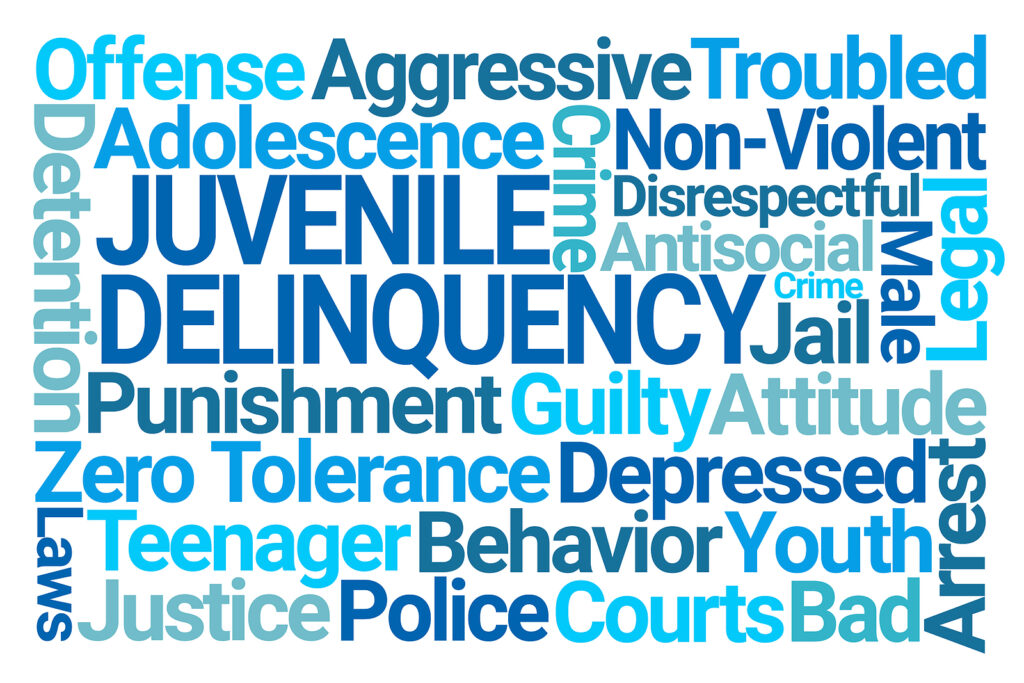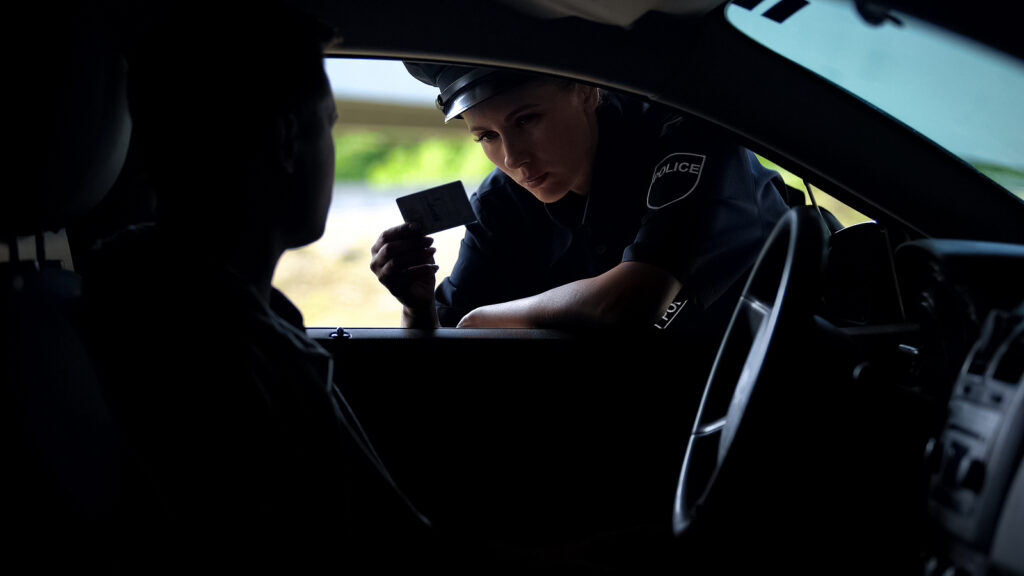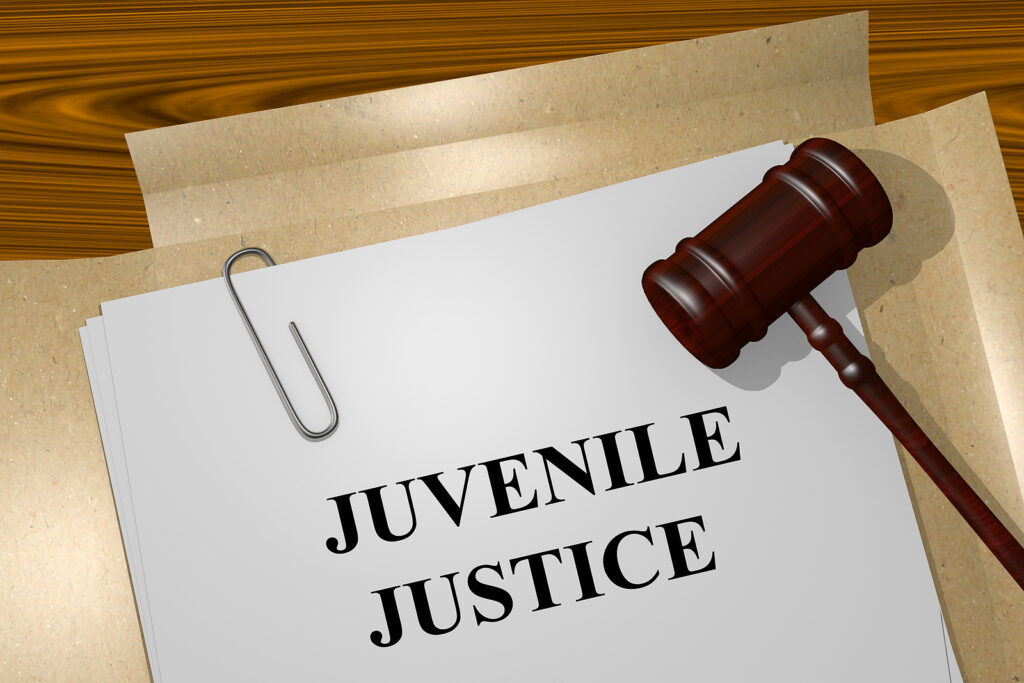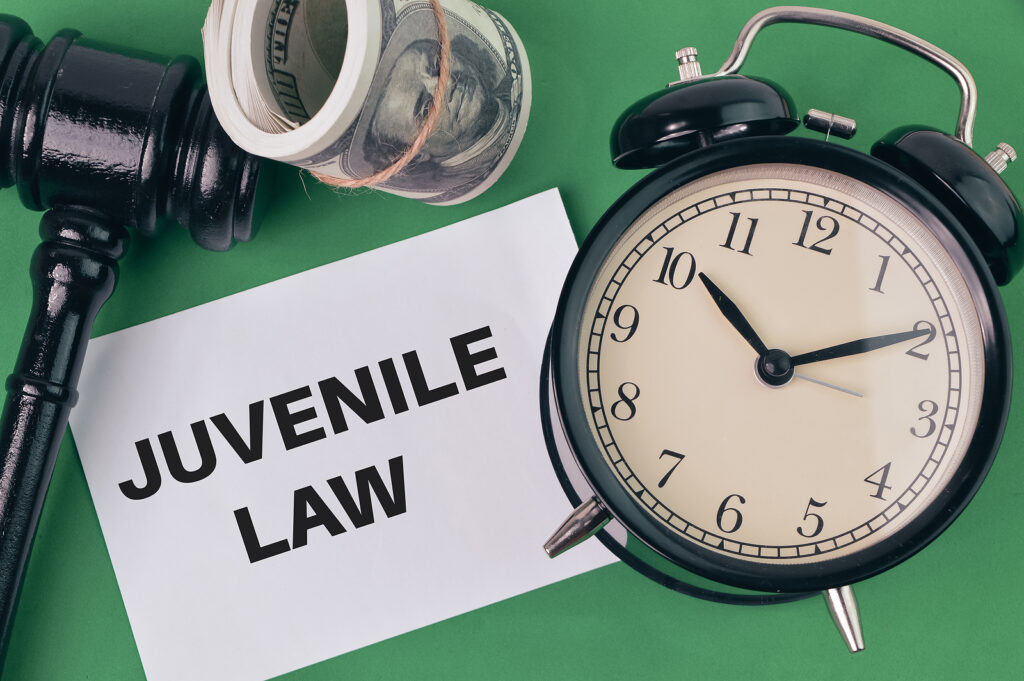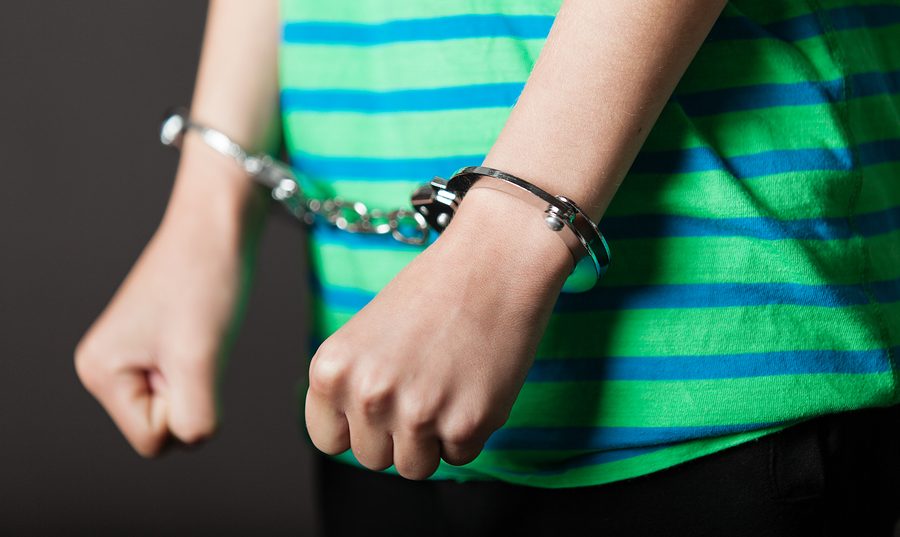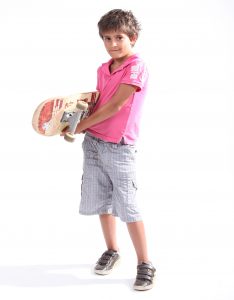As kids, many of us threatened to run away from time to time when displeased with our parents. But when does an innocent threat or pretense of running away from home cross the line into something more serious, possibly consequential? For teenagers, running away from home could inflict legal penalties, while parents may face certain liability.
Continue reading to learn the potential consequences for teenagers who run away from home, plus what to do if you or your teen are facing criminal charges as a result.
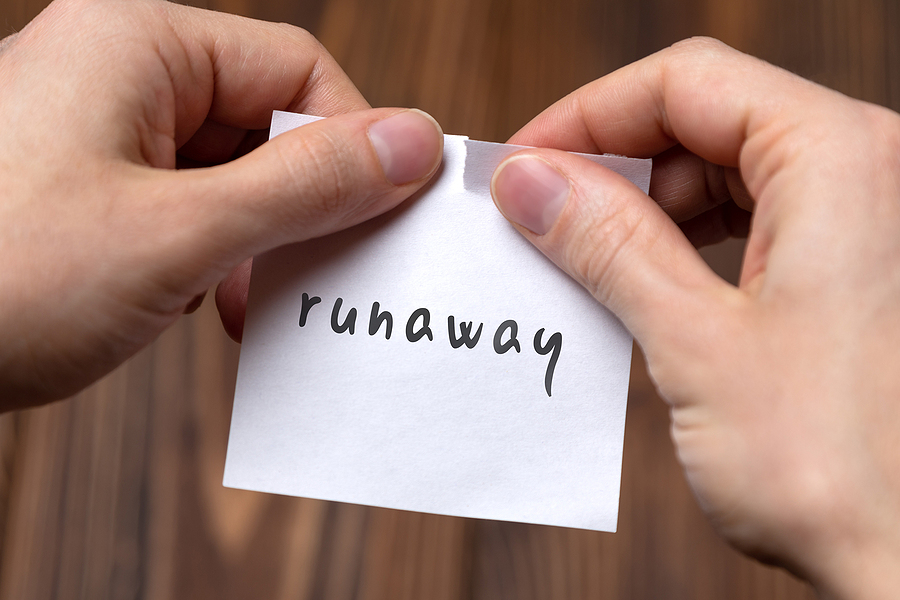
Who Gets in Trouble for Running Away?
A runaway is a minor person under the age of eighteen years old who has fled their legal or temporary residence without parental or custodial permission. Although most states do not impose any sort of criminal penalties for parents or minors in the case of running away, there could still be legal consequences for both. Along with parents and guardians, any adult, relative or not, who houses or hides a runaway will face criminal charges in all states. So, all parties can face legal consequences or liability for a runaway.
Legal Consequences for Runaways
Parents are legally responsible for their minor children. For instance, parents cannot allow their children to miss too many days of school, whether their children live with them or not. If a child were to accrue compounded absences from school, their parents or legal guardians would be held responsible under truancy laws. Truancy is a status offense. In the case of a runaway, parents would need to contact the school every day to report that their child has still not returned to avoid being held responsible for their kid’s truancy.
Status Offenses
A status offense is only illegal for those who are underage, or minors. A minor is someone that is not old enough to partake in a certain behavior or action, which means a 20 year old is a minor. For example, a person under 16 years of age cannot operate a vehicle, a person under the age of 18 cannot smoke or purchase cigarettes, and a person under the age of 21 cannot consume nor purchase alcohol. These are all examples of minors. Juveniles are between the ages of 10 and 17 years old.
Running away from home as a minor is considered a status offense. Along with truancy and running away from home, teenagers can also get in trouble for curfew violations. Curfew violations are another type of status offense.
Another common status offense among teenagers is the act of being “ungovernable” or beyond the control of their parents or guardians. This can actually be used as a defense for parents who are facing liability for their teen runaway. They can claim that they cannot control the actions of their teenager, and therefore cannot enforce their attendance in school or an alternative program.
Penalties for Running Away From Home
The legal penalties for running away from home will depend on various factors, from the runaway’s track record to their current living situation and everything in between. In most cases, both parents and teenager are ordered to attend counseling and educational programs but may also face fines and restitution. Teenagers who are licensed drivers may have their license suspended temporarily and might be ordered to complete community service hours. In serious scenarios, the teenager may be placed with a temporary guardian.
Typically, when police catch a runaway, they just give them a ride home or convince the parents/guardians to let the teenager stay a friend’s house for the night. In other cases, police may detain the teenager temporarily at the juvenile center while making arrangements for them to go home or to a friend’s house, or to charge them with a status offense. Sometimes, they will take them to a nearby shelter for homeless youths.
Where to Get Help
If your child runs away from home, contact the police right away and make a report. The police department will submit your child’s full name and physical description into the National Crime Information Computer (NCIC).
The National Runaway Safeline (NRS) is a safe communication resource for homeless and runaway youths. They provide free advice and referrals to local resources for runaways and guardians. NRS is available in all 50 states.
Is your minor child facing criminal charges after running away from home in Indiana? Contact the Law Office of David E. Lewis at 317-636-7514 to speak with a skilled criminal defense attorney in Indianapolis, Indiana. We can meet over the phone, via online video conference, or in person at our office.
Related Posts:
How Does the Juvenile Court System Work?
What to Expect From Juvenile Court
Important Laws That Pertain to Parents of Teenagers

